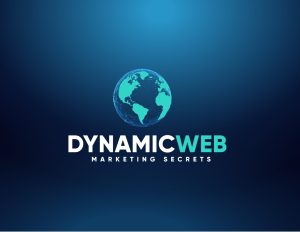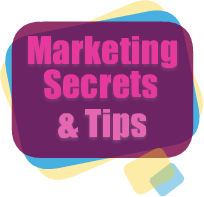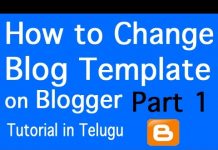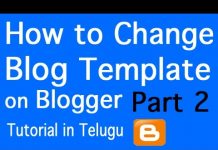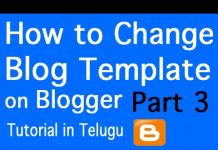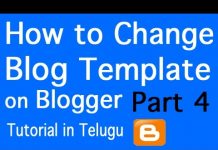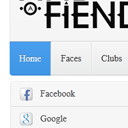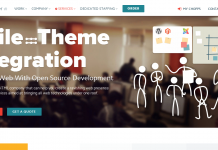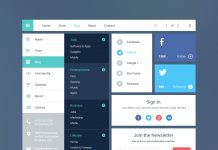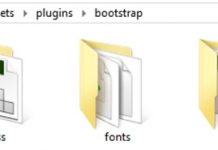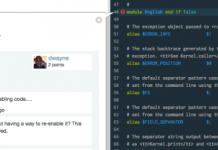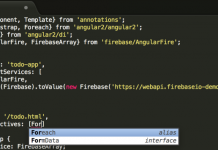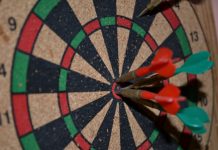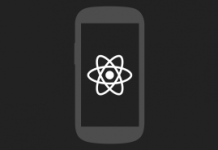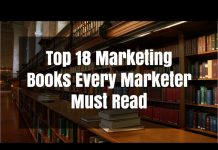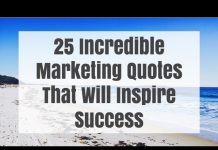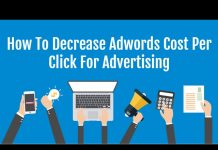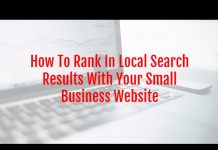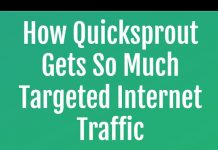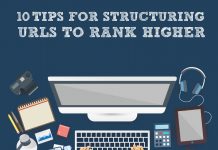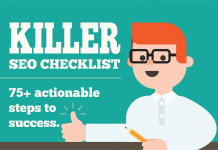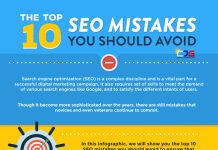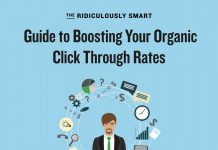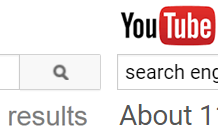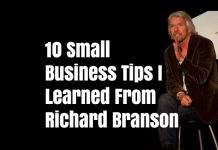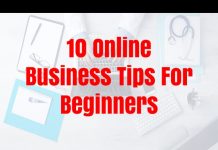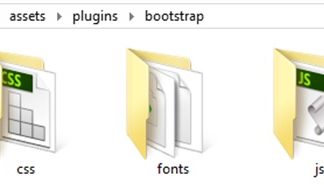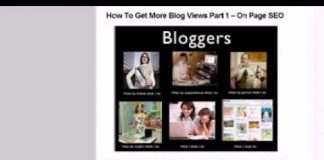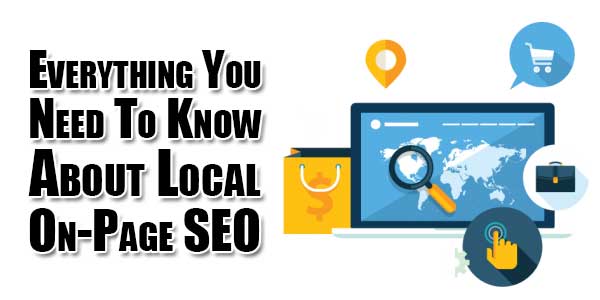
Do not expect great output if you have limited your on-page optimization strategy to mere keyword stuffing. No, we are not negating the importance of keywords here; they are indeed a very important factor of search engine ranking of any page thus remain in the spotlight of the action plans of any SEO expert. However, Smart SEO experts pay equal attention to the entire process of on-page optimization to get better ranking for their websites. And with constant updates in Google algorithms, it becomes all the more important to be watchful for effective local on-page SEO tactics.
That said; I have listed below some of the essential things that will help you use local on-page optimization adequately. Additionally, the user-friendly local on-page SEO tips that I have pointed out later would lead to even better prospects for high ranking.
On-Page SEO: A Brief Summary:
Before talking about tips that you can incorporate in your local on-page SEO, it is important that you have a gist of what it actually is. On-page refers to both the content and HTML source code of a page that can be optimized, as opposed to off-page SEO which refers to links and other external signals. It determines just how well each page on your website is optimized to cater higher ranking. Optimizing the titles on the page, content, images, URL and ensuring a good connection among each of them is one of the basics of on-page SEO. However, this is not all that on-page SEO is about, there are many other things that should be kept in mind to make boost up your local on-page SEO.
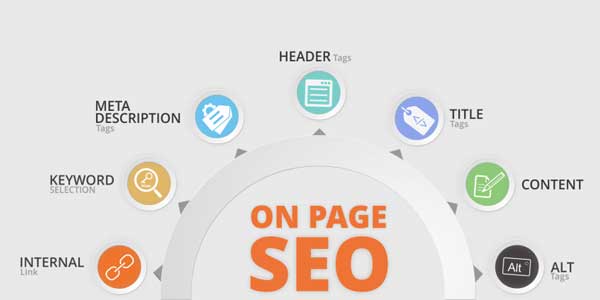
Important Fundamentals Of On-Page SEO:
1.) Page Title / Title Tag:
The page title or the title tags are the results that are shown on various search engine result pages. Google shows only the first 60 characters for your title, so try wrapping it up under 60. Apart from that, make sure that the important keywords are placed properly in the beginning of the title to gain higher ranking by Google.
2.) URL:
A descriptive URL not only helps the user but also Google to rank your page better. It also makes your page more crawlable by the Google spider. Remember to keep your URL self-explanatory and inclusive of the main short or long-tail keyword. Neil Patel, a top-notch influencer of the web and New York Times best-selling author, advises people to use dates and error-free words in the URL to optimize the page for better ranking.
3.) Images:
A picture speaks a thousand words! So is in the case of a webpage; in fact, images play an important role in effective presentation and user-engagement as well as an integral part of a full proof on page optimization strategy. Optimized Images boost the prospects of promotion of a web page while a page with non-optimized images may be left behind in the race of search engine ranking. Optimized images have a description and a title tag with the relevant keywords. Remember, a user searching for images on Google can be redirected to your page with the help of the images he/she finds in the result.
4.) Content:
The content of your page is the main tool that can either drag right traffic in or even push them off your site. That is why they say Content is King. So empowering the king is indispensable to etch a place in the row of top-ranking websites. Creating a good content is not all that complex too; basically, a content that satisfies the user is a good content. In addition to that, the number of times you use your keywords in the content should also be checked; neither should you overstuff keywords nor should they be underused. Maintain a balance between the two and use them throughout your post, especially the beginning to result in better on-page SEO.
5.) Meta Description:
Perfectly explaining the title and the content that it will show on your page in about 160 characters is very important, both in terms of the user engagement as well as Google ranking. These small descriptions are called meta descriptions. Don’t forget to include your keyword and a unique meta description to improve your click through rate (CTR).
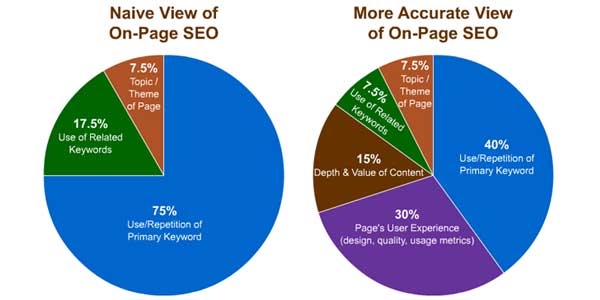
“Not To Be Missed Tips” For An Effective Local On-Page SEO Strategy:
Tip #1: Quality Content Is The King:
According to a report from eMarketer, 72% of the marketers feel that relevant and quality content creation is the most effective tool for SEO. Also, make sure to have an easily consumable content with appropriate sub-headings and listicles for local on-page SEO.
Tip #2: Have A Responsive Design:
Remember how Google’s 2015 update penalized websites that were not mobile-friendly. Having a responsive design would not only let you come up on the result page of a mobile but also on any other device that the user uses to make the search.
Tip #3: Link It Up:
Link building is one of the most important aspects of on-page search engine optimization. Both internal, as well as external linking, is important here. Add links from respected sites to improve ranking.
Tip #4: Speed Up Your Site:
With 47% of the target audience expecting your page to load within 2 seconds, it has become indispensable for you to speed up your site. Remember, even a second delay in your page’s response can lead to 7% lead reduction.
Tip #5: Shareable Content:
Make your content shareable to increase its SERP ranking. Each and every page should have a content that can be shared by the users on various platforms and sites.
Tip #6: Trump Of Long Scrolling:
According to a report by Backlingo, pages that have longer content tend to rank higher than pages with smaller or paginated content. The average content on Google’s first page results shows around 1,890 words.
Tip #7: Beware Of The Penguin:
The Google’s Penguin 4.0 has released and your pages should be aware of this new algorithm. It has gone “real-time” now and would discard any spam links or low-quality content.
Whether it is about your content, image, URL, title tag or image, all of them sum up for your local on-page SEO strategy. You can either try these tips yourselves or take some local on page SEO services to boost your page ranking on various search engines. I hope these tips help you increase your page ranking and be profitable for your website as a whole as well.
 About the Author:
About the Author:
Anurag Gupta is a budding entrepreneur with stakes in WeblinkIndia.net, an acclaimed Web Designing Development Social Media Company, headquartered in India. He also happens to be a keen writer, sharing insights, tips, and tutorials on subjects related to the ever evolving landscape of Web Designing and Development.
